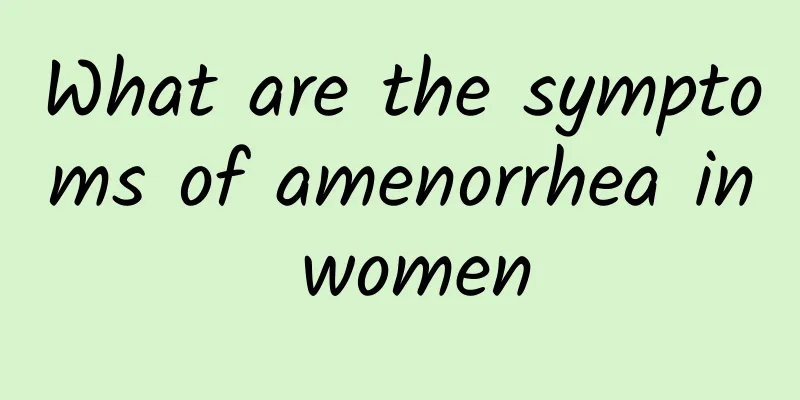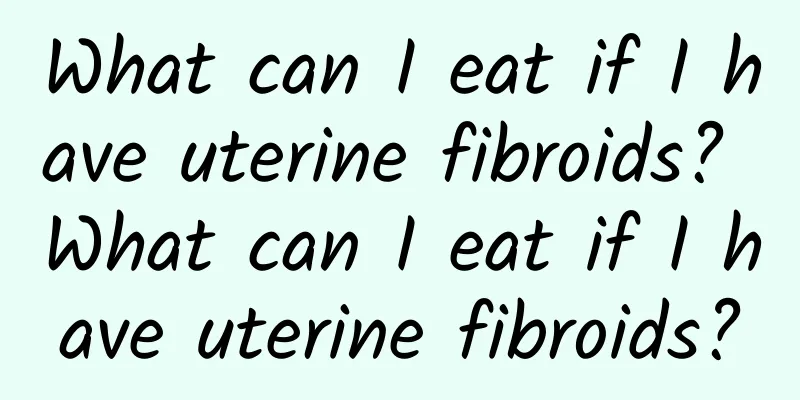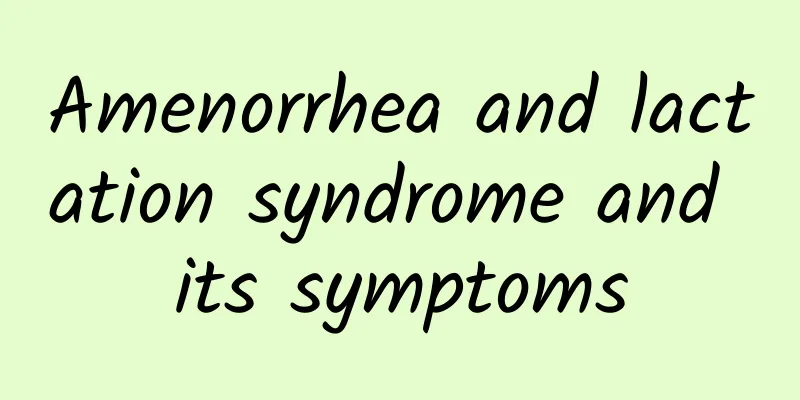Experts explain the dietary treatment of acute pelvic inflammatory disease

|
Among the many methods of treating acute pelvic inflammatory disease, the side effects of diet therapy are very small, and it is sought after by many female patients. So what are the common diet therapy methods for acute pelvic inflammatory disease ? Here we will tell you about the common diet therapy methods for acute pelvic inflammatory disease. In general, the common dietary treatments for acute pelvic inflammatory disease are: (1) Baijiangzicao Tea: Baijiangcao and Lithospermum officinale root. Wash the two herbs and put them into a pot. Add water and soak for about 10 minutes. Then boil over high heat, simmer over low heat, and add brown sugar. Drink it as tea twice a day for 1 week as a course of treatment. It has the effect of clearing away heat, detoxifying and removing dampness. It is suitable for acute pelvic inflammatory disease of damp-heat congestion type. Symptoms include lower abdominal pain and yellow or bloody leucorrhea. (2) Motherwort and Licorice Tea: Motherwort (double the amount of fresh), brown sugar, licorice, green tea. Add 600-700 ml of water and boil for 5 minutes. Drink warm in 3 doses, 1 dose per day. It has the effects of promoting blood circulation, promoting diuresis, removing blood stasis and relieving inflammation, and is suitable for acute pelvic inflammatory disease. (3) Dandelion and Patrinia tea: decocted dandelion, Patrinia, and Scutellaria barbata to extract juice, drink as tea, 1 dose per day. It has the effect of clearing away heat and detoxifying, and is suitable for acute pelvic inflammatory disease. (4) Buddha's Hand and Rose Decoction: Buddha's Hand, Rose, Patrinia. Boil the above three ingredients in water until 300 ml is left. Take it twice a day, 1 dose per day. It has the effects of promoting blood circulation and removing blood stasis, regulating qi and relieving bloating. It is suitable for acute pelvic inflammatory disease of qi stagnation and blood stasis type. Symptoms include lower abdominal distension and pain, pain in a fixed area, and yellow vaginal discharge. (5) Selaginella and Prunella vulgaris tea: Selaginella, Hedyotis diffusa, and Prunella vulgaris. Decoction in water to extract juice, drink as tea, 1 dose per day. It has the effect of clearing away heat and detoxifying, and is suitable for acute pelvic inflammatory disease. (6) Wild Chrysanthemum and Viola yedoensis Tea: Wild chrysanthemum and Viola yedoensis. Mash and squeeze the juice, take in two doses. It has the effect of clearing away heat and detoxifying, and is suitable for acute pelvic inflammatory disease. The above is an introduction to the common dietary treatment methods for acute pelvic inflammatory disease. I hope it will be helpful to everyone. Patients with acute pelvic inflammatory disease should choose the treatment method that suits them according to their actual condition and should not choose blindly. |
<<: Experts teach you how to correctly identify uterine fibroids
>>: Cervical hypertrophy often occurs in married women
Recommend
Women should take precautions against menstrual irregularities
Irregular menstruation is a very common physiolog...
What can't you eat after an abortion? Can you eat before an abortion?
Abortion is a common gynecological surgery, which...
Fresh seafood is easily contaminated by bacteria, so cook it before eating
In response to the food poisoning outbreak at the...
How many days does it take for the gestational sac to be discharged during a spontaneous abortion? Knowing this early will benefit you sooner
After many women become pregnant, they will first...
Combined with the examination of vaginitis, it helps the patient's condition
Vaginitis is a very harmful disease. Once you get...
What are the specific causes of cervical hypertrophy?
Nowadays, many married women suffer from cervical...
What are the causes of uterine fibroids and what are the treatment drugs for uterine fibroids?
Uterine fibroids are divided into uterine fibroid...
What are the reasons for the large number of abortions? How harmful are multiple abortions to women?
Nowadays, young people's sexual ideas are bec...
Experts explain the hazards of four common uterine tumors
Uterine tumor is a gynecological disease that ser...
What are the causes of acute cervicitis?
Acute cervicitis is relative to chronic cerviciti...
What is pregnancy complicated with uterine fibroids? How to care for pregnancy complicated with uterine fibroids?
Uterine fibroids are a common tumor, also known a...
What should women do if their ovaries are not functioning well? Eat these foods to maintain your ovaries
The ovaries play an important role in secreting e...
Almonds and walnuts are best for weight loss when paired with a low-calorie diet
Stuffing yourself with crunchy and delicious nuts...
Can congenital absence of vagina be completely cured?
Can congenital absence of vagina be treated? Expe...
What foods should not be eaten during uterine fibroid surgery? What foods should not be eaten during uterine fibroid surgery?
What foods should you avoid eating during uterine...









